
People talk about grief like it’s one big wave that crashes and then recedes. They don’t mention the small things that creep up on you months later. The quiet shifts that nobody prepares you for. Losing a spouse changes your daily life in ways that sound almost too mundane to mention, but they’re the ones that stick with you when you’re sitting at the kitchen table alone.
The silence takes over everything.
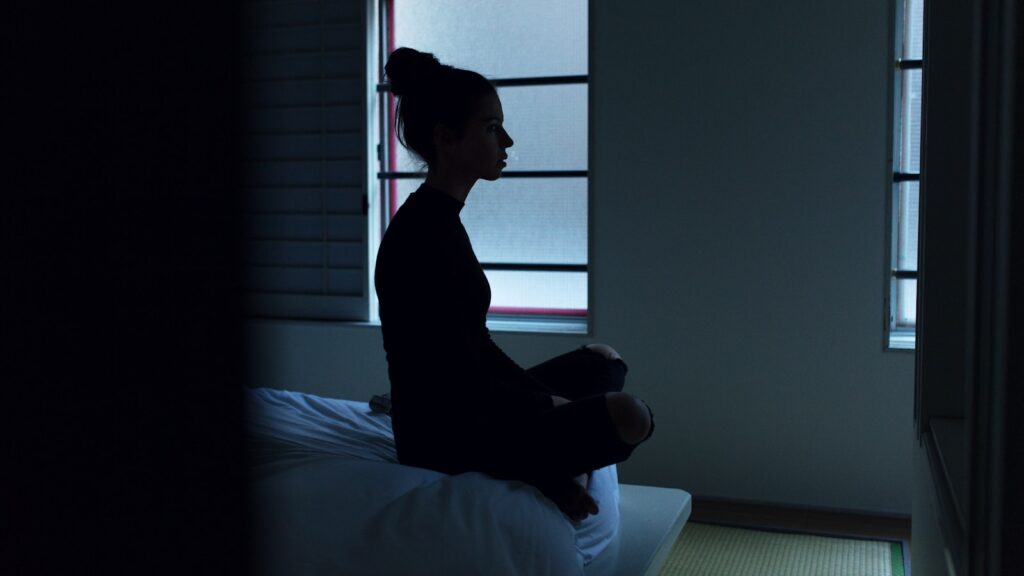
The house sounds different now. You notice the hum of the refrigerator more—the creak of floorboards under your own feet. There’s nobody else breathing in the next room or turning pages of a book on the couch. Even the neighbors’ voices through the walls sound sharper somehow. You start leaving the radio on just to fill the space, even when you’re not really listening to it.
Every decision sits on your shoulders.

You’re suddenly making choices about everything alone. What to have for dinner doesn’t seem like it should be hard, but it is. So is picking a new insurance plan or deciding if that noise the car is making matters. There’s nobody to bounce things off anymore. You catch yourself almost asking their opinion before you remember. The coffee gets cold while you’re standing there thinking.
Some friends just vanish.
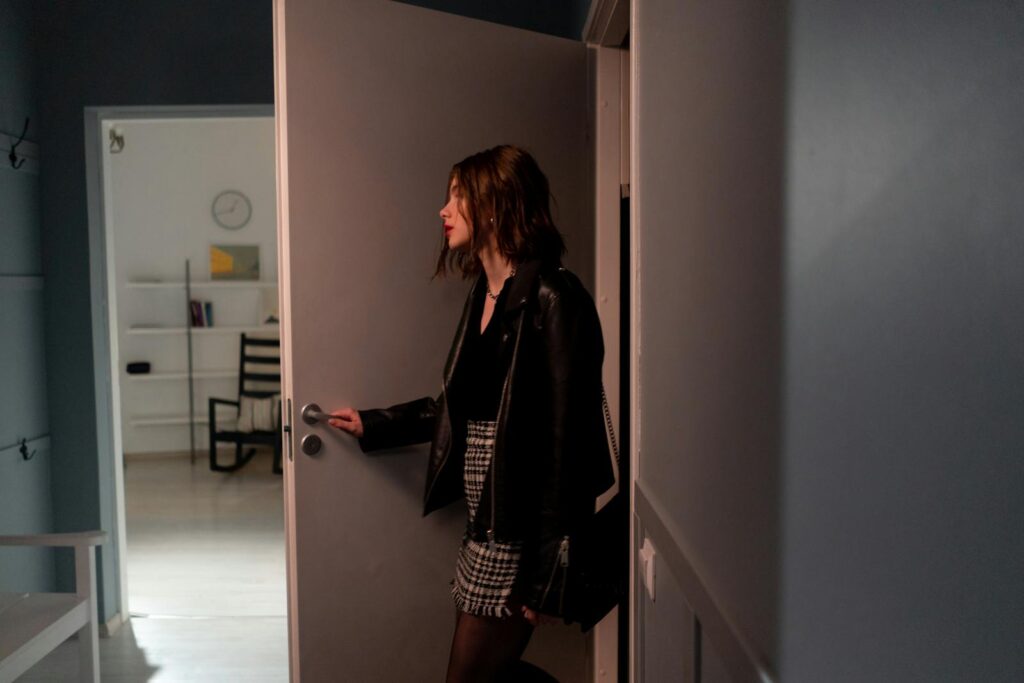
People you thought would stick around disappear after a few months. They stop texting. They no longer invite you to things. Couples, especially, tend to drift apart because you no longer fit the dynamic. It’s not always intentional, but it stings. You end up learning who your real friends are by who still shows up to sit with you on a random Tuesday.
Your whole identity shifts.

It’s strange how much of you was just being their person. You catch yourself saying we about things and have to stop. Who even are you now? The stories you tell don’t land the same way. Your whole day used to revolve around someone else being there. Their jacket are still on the hook, and some days you can’t remember what you liked before them.
Their stuff becomes impossible to handle.
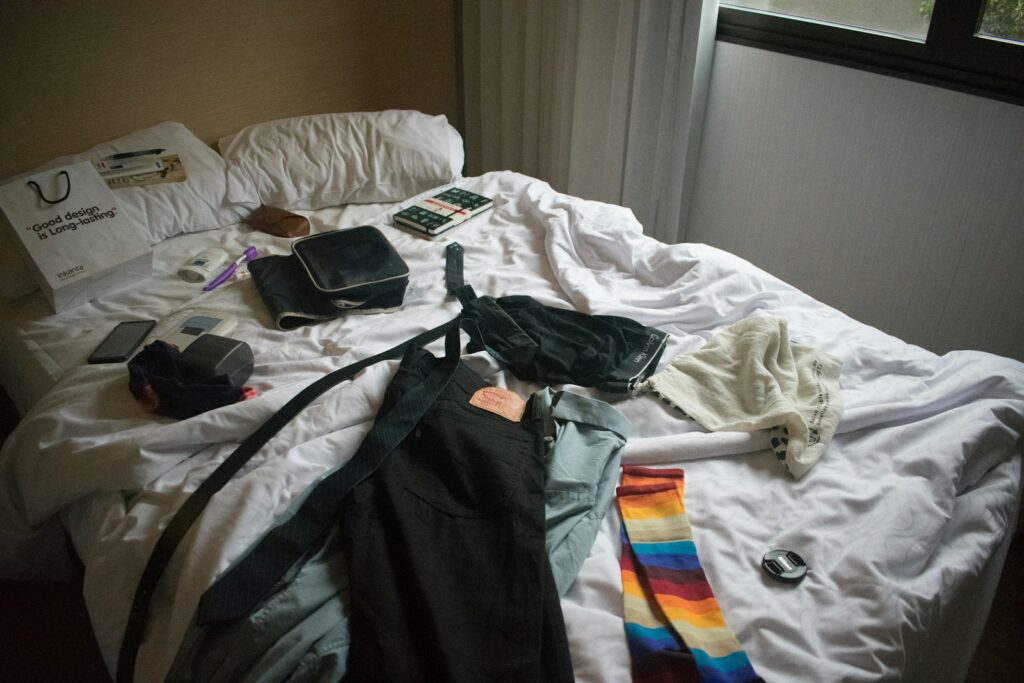
Everyone says take your time with their belongings, but nobody mentions the paralysis. You open the closet and just stand there. Their shoes are still by the bed. Do you keep the coffee mug they used every morning, or does that make it harder for you to do so? There’s no right answer, and every choice feels too big. Sometimes you just close the door and leave it for another month.
Random things trigger you out of nowhere.
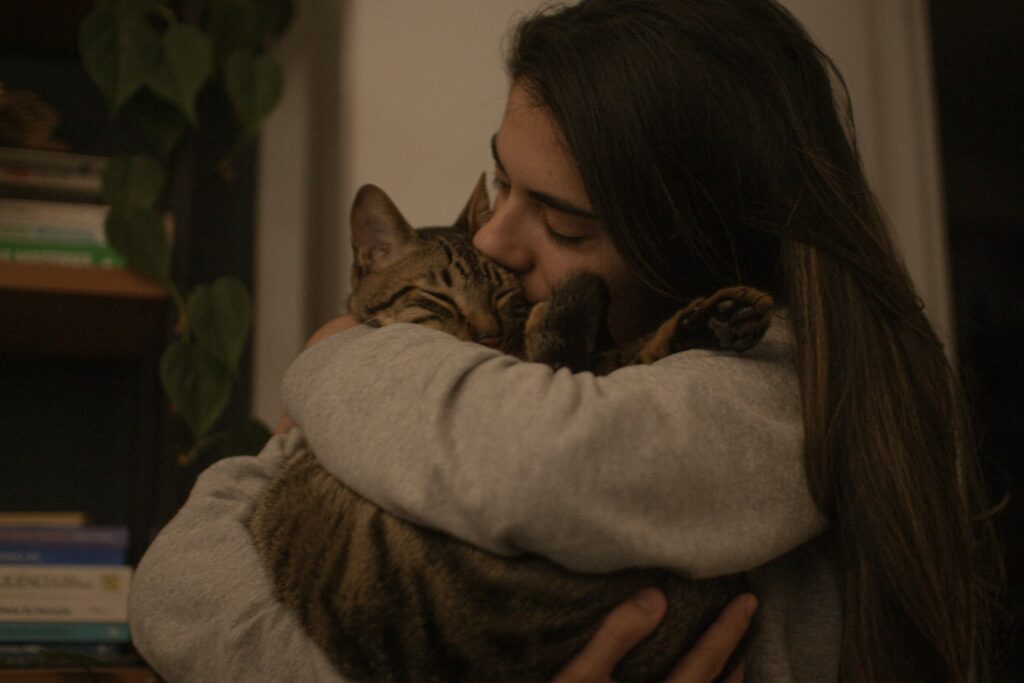
You’ll be doing fine, and then some song comes on at the store. Just wrecks you. Or someone walks by in a jacket that looks like theirs, and suddenly you’re standing there trying not to lose it in the cereal aisle. A smell hits you wrong—the light through the window at four in the afternoon. Your brain doesn’t even give you a warning anymore.
Good days make you feel guilty.

When you finally have a morning where you feel okay, the guilt creeps in. You laughed at something or enjoyed your breakfast, and suddenly you’re wondering if you should be. If moving forward means forgetting them. If being happy again is some kind of betrayal. Nobody tells you that healing comes with its own grief attached to it.
Social situations become awkward.
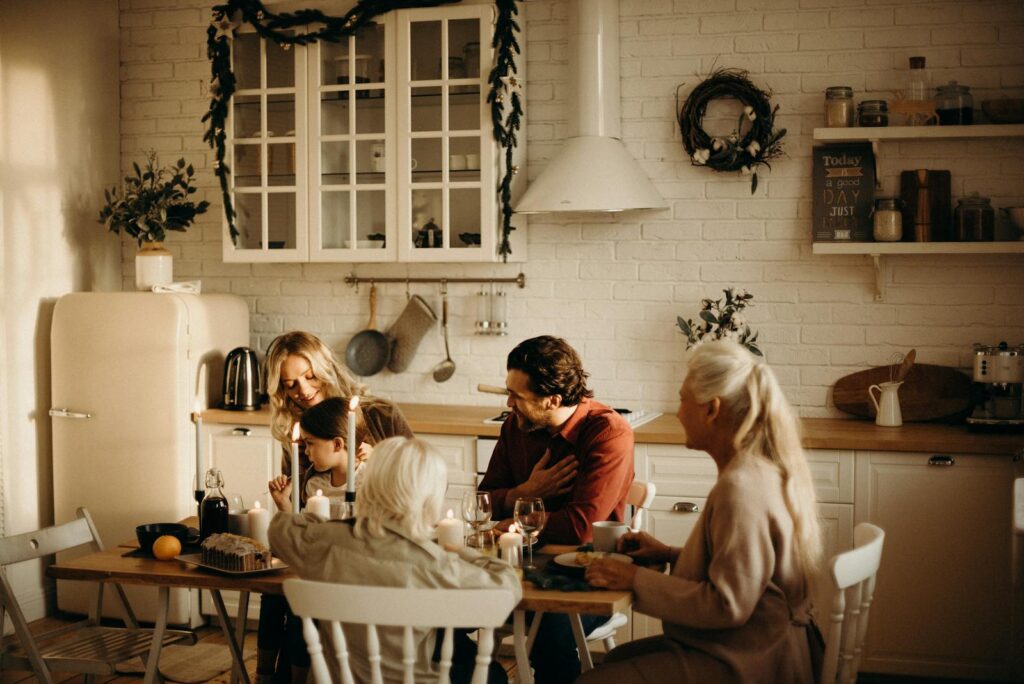
Going to dinner parties or family gatherings is different now. You’re the odd number. People don’t know what to say, or they overcompensate with concern. Someone always asks how you’re doing in that particular tone of voice. You end up leaving early more often than not. The drive home is quiet, and you’re already dreading the next invitation.
The paperwork never ends.

Death certificates. Bank accounts. Insurance claims. Bills that are still in their name. It goes on for months, and every form is another reminder. You’re sitting at the dining table with folders spread out, trying to figure out passwords that were never written down. The phone calls with customer service. The hold music. It’s relentless, and nobody warns you about that part.
Sleep becomes unpredictable.

Some nights you’re fine. Others, you’re lying there at three in the morning staring at the ceiling. The bed feels too big. You’ve moved to their side, or you haven’t touched it at all. Your sleep schedule no longer makes sense. You’re exhausted but wired. The house settles around you, and every sound is too loud in the dark.
Cooking for one feels wrong.

You’re standing in the kitchen, realizing you don’t know how to make a meal for just yourself. Everything was portioned for two. Their favorite foods are still in the pantry. You end up eating cereal for dinner more than you’d admit. The table feels too big. Sometimes you just eat standing at the counter because sitting down alone is too much of a chore.
Time stops making sense.
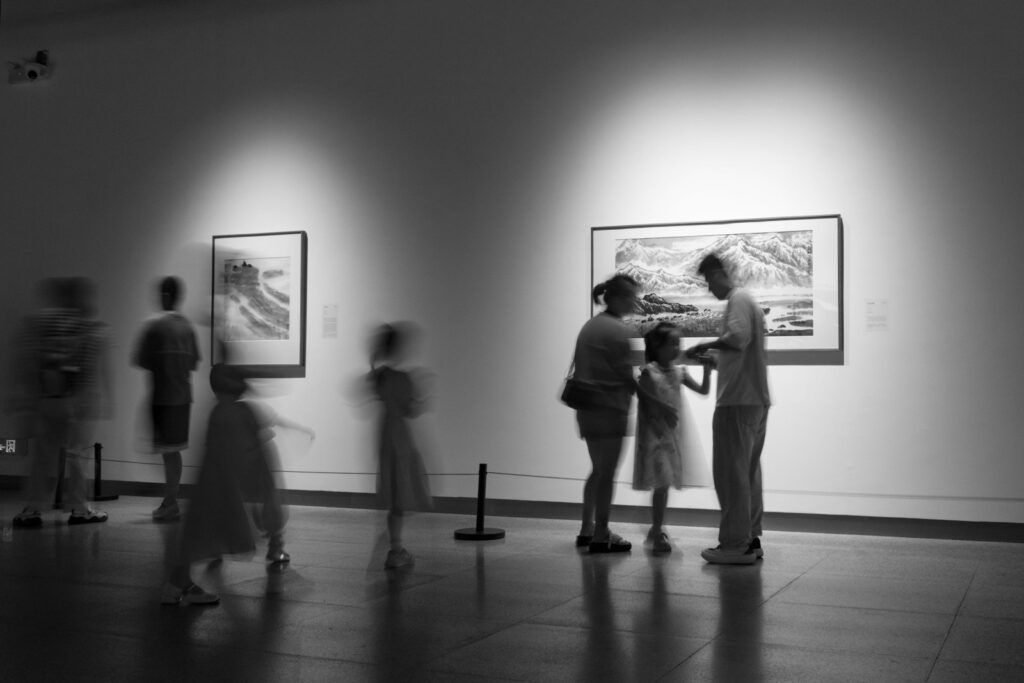
Weeks blur together. You lose track of what day it is. Everything feels both too fast and too slow at the same time. You’re shocked when you realize it’s been six months. Or a year. People expect you to be further along than you are. You’re still living in the space between before and after, and you can’t find your footing in either place.
The exhaustion is physical.

Grief is tiring in a way that sleep doesn’t fix. Your body feels heavy. Getting through basic tasks takes everything you have. You’re not sick exactly, but you’re not well either. People say to take care of yourself, but brushing your teeth feels like an accomplishment. The couch becomes your default spot, and the remote sits in your lap unused.
You notice what you took for granted.

They used to take out the trash without being asked. Or handle the bills. Or call to make appointments. All the invisible work they did becomes visible now that you’re doing it. You miss the boring parts as much as the big ones. The way they always refilled the ice trays. How they remembered to water the plants. It’s the small stuff that gets you.
You’re building a new routine without meaning to.
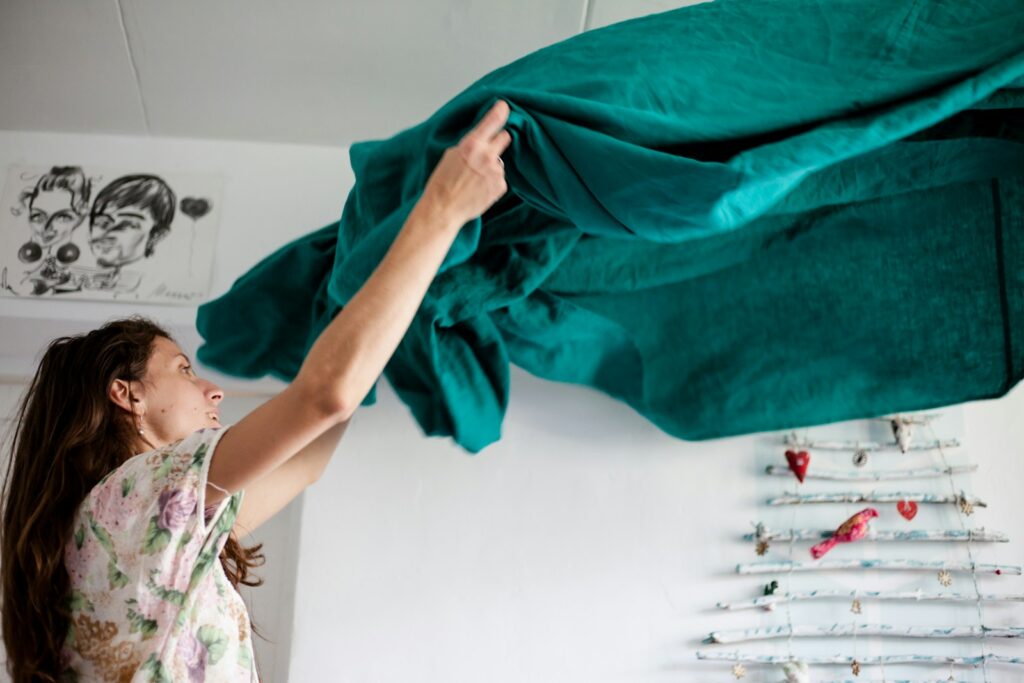
You eat dinner at eight now instead of six. The bed feels normal again. Saturdays are nothing like they used to be, and you didn’t decide that. It just happened. You’re doing everything differently, and you don’t even know when it started. The kettle goes off, and your hand reaches for one cup, as if it’s always been that way.

